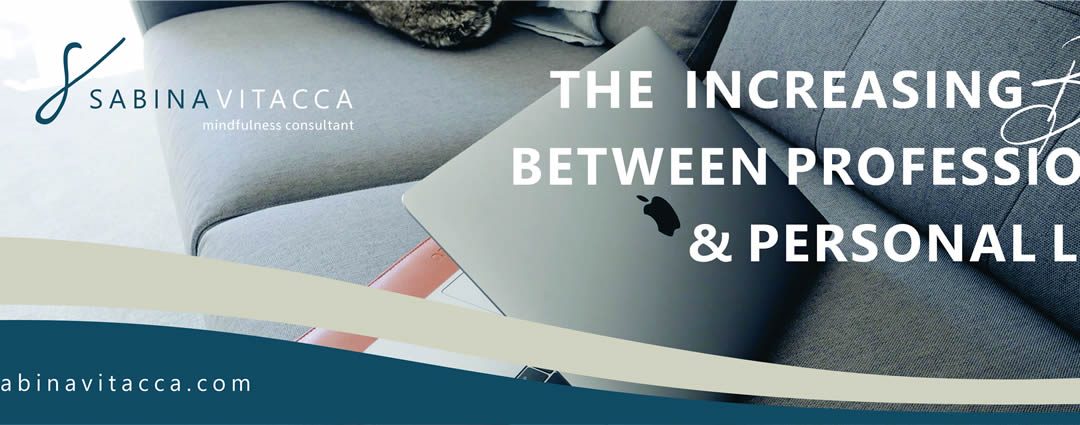The world as we know it, has changed. Changed for many, are our routines of leaving home in the morning, heading to the office and returning home at night. Now, working from home has become a necessity for many, not a privilege and cities have been turned into ghost towns, almost overnight.
With communities, teams and companies used to collaborating, brainstorming and learning together in person, the dynamic of professional relationships has been forced into change. Dubbed as the ‘largest work from home experiment’ ever undertaken, it’s fair to say that a distinct blur has appeared between our personal and professional lives, as we adapt and find our new normal. Heading to the office now has a new meaning which for many is sliding downstairs in pyjamas, logging onto the computer and remaining there for much of the day. At the close of the day, and at weekends, the computer remains in situ, with 40% of professionals tempted to log on ‘after hours’ to check work e-mails. (Bupa)
The lack of distinction between home and office life has never been so prominent and without preventative measures, with no end date in sight, this could be incredibly damaging to our wellbeing. A healthy and productive person is one who has balance, and it’s all too easy to let the scales slide in the wrong direction now with no clear differentiator between home and office. Coupled with the isolation which goes hand in hand with remote working, and the added distractions of potentially having partners or children home too, office life at home has never been so stressful.
Almost a third of workers struggle to switch off in their own time, figures which can only rise with such large portions of the population self-isolating at home. When the mind can’t switch off, our bodies naturally go into fight or flight mode, releasing stress hormones and rendering us unable to think coherently or clearly – clearly not productive effects for business. It’s not just the blur of balancing our personal and work lives which is causing overwhelm, it’s the unusual combination of such vague lines between the resulting effects on our livelihoods and families. It’s time to create a new familiarity and routine and to inject some more mindful actions into your daily routine to calm any ragged nerves – this is especially important for Executives who manage large teams or have particularly stressful roles in dealing with the commercial realities of COVID-19.
Mindfulness is a personal journey and for those at the beginning, should be learnt with small steps. It’s important (this is for you type- A go getters!) not to expect satori (sudden enlightenment) straight away. Like anything worth doing, conscious thinking takes practice and they key initially is to understand that your own awareness brings choice – choice as to how you take mindful action, choice of when you do it.
Allow yourself to practice ‘spot meditations’ which are small pockets of time, which might otherwise be wasted, turned into calming, focusing moments to release tension and stress. Try downloading a mindfulness app, such as Insight Timer and listen to my meditations which can be practiced quite literally anywhere – at your desk, in the calm of your car before you drive or before bed at night. The basic exercise of taking in 3 deep breaths while counting to 3 (in your head), then on the exhale, releasing your shoulders and counting down from 3 again, is an effective way to put yourself in a more mindful frame of mind. Do this repeatedly, and you’ll find you can alter your state to one of clear presence and calm. The longer you maintain it, the deeper and more present you become.

